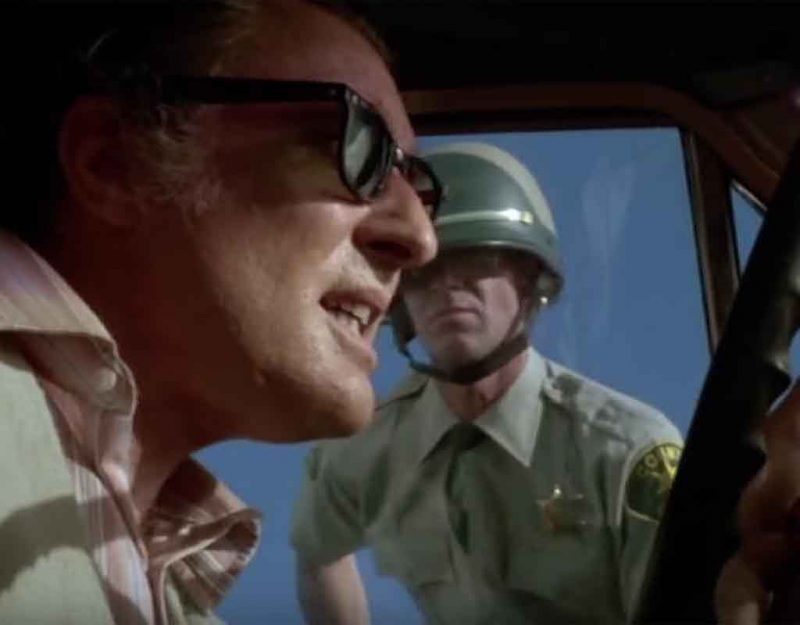Why Art Is Important
From the neurotics over at The Guardian, the occasional nugget of sanity falls, as in this analysis of the relevance of art:
The idea that novelists are modern-day Cassandras – “speaking always truths, never grasped as true” – may sound positively esoteric.
Wertheimer says great writers have a “sensory talent”. Literature, he reasons, has a tendency to channel social trends, moods and especially conflicts that politicians prefer to remain undiscussed until they break out into the open.
“Writers represent reality in such a way that their readers can instantly visualise a world and recognise themselves inside it. They operate on a plane that is both objective and subjective, creating inventories of the emotional interiors of individual lives throughout history.”
Writers create worlds, even if set in our present world, where readers would like to exist, even if that means pain. Writers make struggle into a song, loss into poetry, and fear into excitement. This requires a grasp of what their audience finds alarming, and what it values.
Art has for centuries converted the mixed bag that is reality into a form of beauty, showing us that struggling for sanity, goodness, clarity, wisdom, stability, adventure, aggression, transcendence, and conquest are part of the process by which the world renews itself with goodness.
To do this, it expresses itself on a subconscious level that rarely translates into clear if-then logic in the form of philosophy or politics. It connects emotion to the structure of ideas and cause-effect relationships of events, forcing us the readers to clarify what we would do in any situation and therefore, what we value, in light of the next context thrust upon us.
The Right does well when it embraces the ambiguity of literature, and badly when it attempts to emulate the “face value” approach of the Left, where some things are universally and absolutely good and some bad. The good/evil dichotomy makes life into conformity to behavior norms, not a struggle to find goodness and assert it in unknown circumstances.
If the West survives, much of our future literature will center on the idea that bad things must be done for good results, i.e. “good to the good, bad to the bad” is better than “be nice to everyone” since the latter permits bad results, therefore encourages them.
What you tolerate, you get more of. Literature exists to reawaken our desire for life and, in doing so, show us what is worth defending. The current popular literature, as has been the case since the 1990s, does none of this, focusing instead of navel-gazing and rationalization.
There is opportunity there, once the audience shifts from books about neurosis and vampires toward actual adventure and moral quandary. There lies an opportunity for those in politics: we can shift culture back toward culture and away from self-help style lifestyle products.
Tags: art, fiction, literature, transcendence










